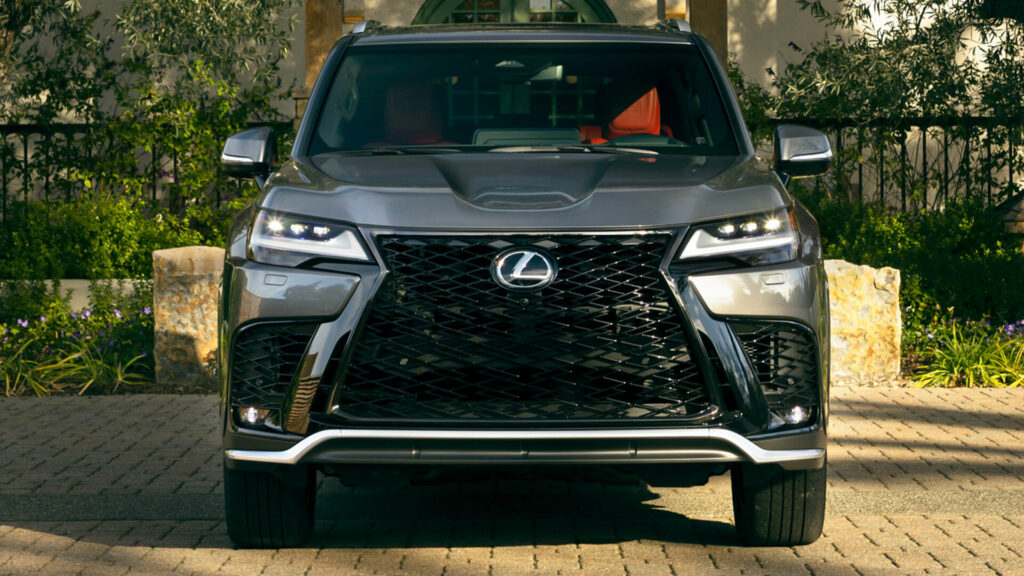Key Research Findings on Loyalty
The Importance of Customer Retention
Attracting a customer is only one of the tasks for an automaker. A much more important task is to retain them, to make them return when purchasing their next car due to trust in the brand, engineering quality, and overall value. As the new study demonstrates, some companies find this very difficult, while others do it with ease.
Annual Loyalty Study
JD Power has published its annual automotive brand loyalty study, which points to the companies that have managed to bind customers to them with strong ties.
Winners in Different Segments
The study is divided by vehicle segments, and the winners represent a diverse group that includes domestic, Asian, and European brands. What unites them is that their loyalty percentages significantly exceed the industry average, which is only 49%.
Porsche may be losing sales in China as buyers choose local automakers, but its American customer base remains loyal.
According to JD Power, Porsche has a loyalty rate of 58.2%, which is the highest in the premium car segment and significantly ahead of Mercedes, which took second place with 49.7%.
Leaders in Premium and Mass Markets
Lexus won the premium SUV category with a score of 57.4%, beating BMW with 54%. However, neither could match Toyota’s loyalty rate in the mass-market car segment, which stands at 62% and makes even Porsche customers seem fickle in comparison.

Results by Segment
| Segment | Winner | Second Place |
| Premium Cars | Porsche (58.2%) | Mercedes (49.7%) |
| Mass-Market Cars | Toyota (62%) | Honda (55.5%) |
| Premium SUVs | Lexus (57.4%) | BMW (54%) |
| Mass-Market SUVs | Honda (62%) | Subaru (60.6%) |
| Trucks | Ford (66.6%) | Toyota (61.2%) |
Honda achieved 55.5% in the mass-market car category but won gold in the mass-market SUV class with its own score of 62%. Subaru took second place with an equally impressive 60.6%.
Phenomenal Ford Loyalty
One brand demonstrates a level of loyalty that one might expect from automakers operating in Eastern Europe before the fall of the Berlin Wall. That brand is Ford, which led the truck category with an incredible loyalty rate of 66.6%, leaving Toyota in second place with 61.2%.

JD Power notes that brand loyalty tends to decrease when buyers switch to another segment. One might assume that one reason for Ford’s success is that its customers, who adore the F-series, are creatures of habit. An F-150 for life, and so on.
These loyalty scores reflect the deep connections that form between drivers and their vehicles, especially in segments where reliability and durability are crucial. Ford’s high results in the truck category and Toyota’s among mass-market cars indicate that consistent quality and reputation can create truly devoted followers, who often pass their loyalty on to the next generation of drivers.


 by
by 
